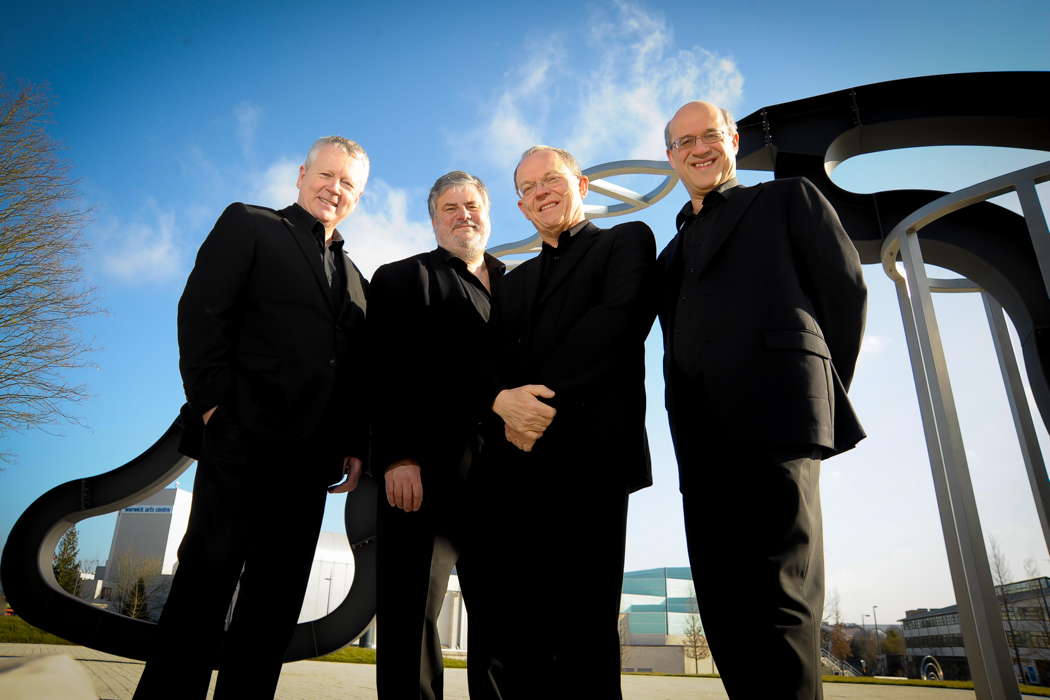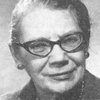- modernism
- Egon Petri
- Tafreshipour
- Denis Vigay
- Krasnodar
- Zhubanova
- Nicky Hunter
- Ola Gjeilo: Away in a Manger
Propulsive Energy and Contemplative Interludes
MIKE WHEELER listens to the Coull Quartet
Derby Chamber Music launched its new season with the Coull Quartet taking us on 'a trip around Europe, with a cosmopolitan selection of musical gems'. It was certainly an interesting selection, though it didn't altogether avoid the pitfall of leaving a somewhat bitty impression.
It was good to welcome Frank Bridge to the party, with the third of his Three Idylls. Though starting with a finale seemed a little odd, it was well paced. In Turina's La Oración del Torero (The Toreador's Prayer) the contrasting textures and pacing were well laid out, with an aptly ethereal ending – a nice piece, a pity about the subject-matter. In the second movement of Ravel's String Quartet, the pizzicato playing was a little heavy, but there was fine concentration in the slow middle section.

The Coull Quartet. Photo © 2016 George Archer
The balance had taken a little while to settle down, probably a matter of getting the measure of the acoustic. The cello, in particular, was apt to be a little boomy. But with the second movement of Verdi's Quartet in E minor, the players were well into their stride, projecting its ingratiating waltz-like character, with more forceful expression in the middle section.
The uneasy rustling at the start of Schubert's Quartettsatz, D 703, the only completed movement of a projected Quartet in C minor, was vivid, and the players expertly navigated he music's balancing-act between easy-going lyricism, unease, and forceful drive. The second movement from Beethoven's Quartet, Op 18 No 1, which he admitted was written with the tomb scene from Romeo and Juliet in mind, moved from its dark opening, through subtle mood-swings, punctuated by some poignant silences.
The first half ended with the final section from the extended second movement of Kodály's Quartet No 2, juggling propulsive energy and contemplative interludes; the numerous hesitations were not allowed to become in any way disruptive.
Kodály in Hungary set us up nicely for Dvořák at his most endearingly Czech in the second half, in his Quartet in E flat, Op 51. The players eased gently into the opening movement, with the subsequent polka breaking out exuberantly. The 'Dumka' second movement was plangent, led by eloquent passages of dialogue between first violin, Roger Coull, and viola, Jonathan Barritt. The central episode was suitably lively. After a thoughtful account of the third movement 'Romanza', the finale – lively, though perhaps just a little straight-faced – moved seamlessly through the contrasting episodes.
Copyright © 21 October 2023
Mike Wheeler,
Derby UK





